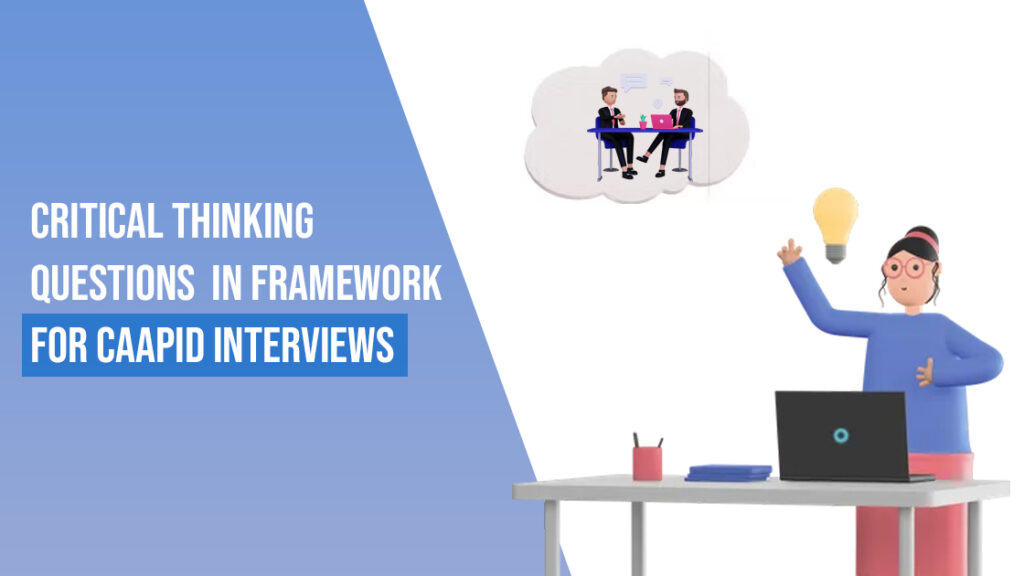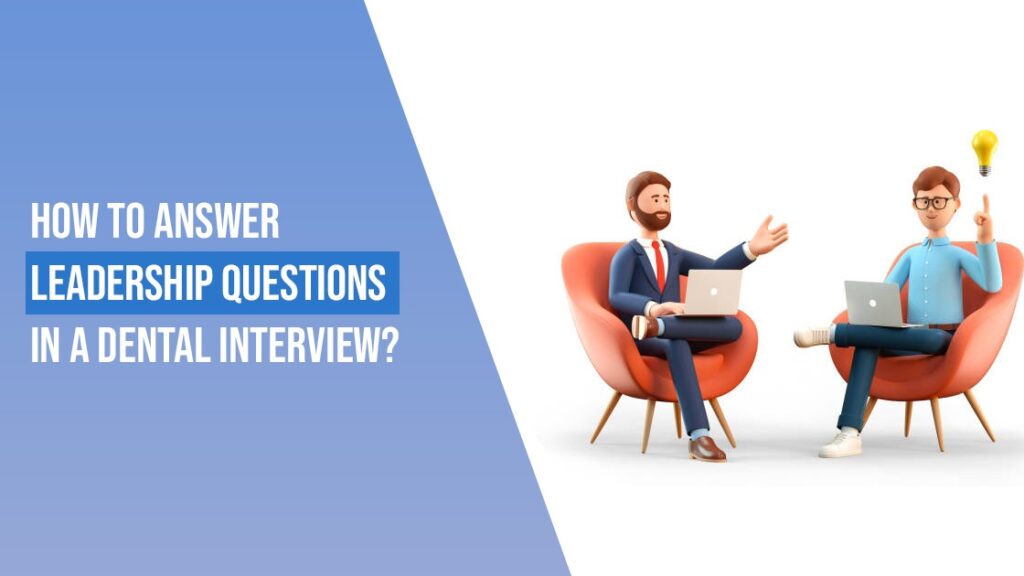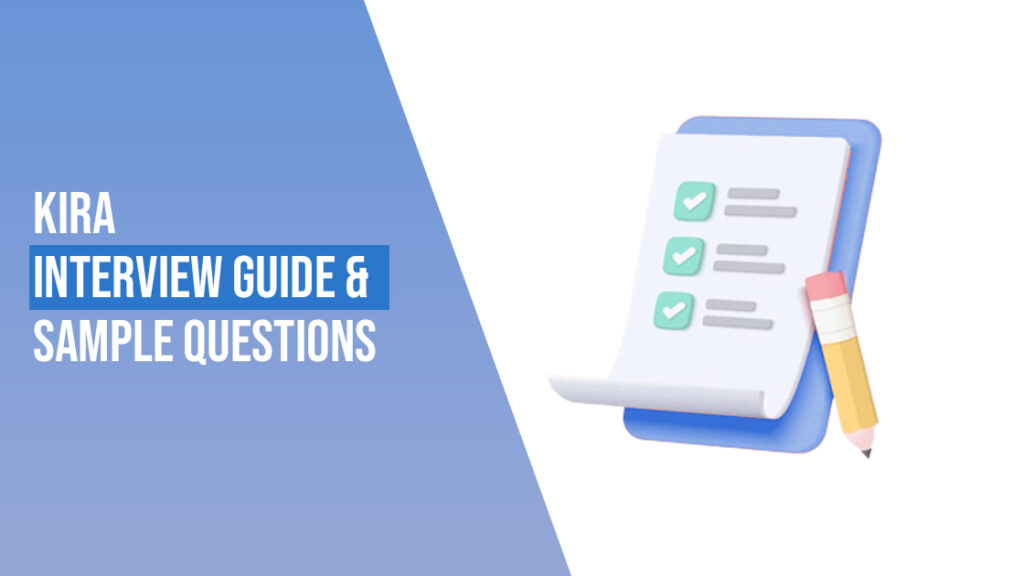In yesterday’s post, we saw a General framework to approach critical thinking questions when they appear in DDS interviews.
I guess this has been a question that a lot of you might have struggled with. No wonder our site visits jumped 100%. Thank you! Every performer needs an audience and so do we. We appreciate your every question and enjoy researching and answering them.
Some questions we’ve got from you guys, and I post them here to raise your expectations for what’s coming up –
- What questions do we ask interviewers at the end of an interview – from Dallas, Texas
- How do we choose among so many bench-prep classes – from Ahmedabad, India
- How to answer the question ‘What will you do if we reject you’? – from LA, California
A year ago, Nourah and I faced the same questions and we didn’t get our answers in one place. Since we can relate to your pain, we’ll help you with what we’ve learned for DDS interviews. On your part, just ask us more questions.
Now, let’s jump right into today’s topic on question in DDS interviews –
We saw how to answer critical thinking questions in our article yesterday for DDS interviews. Today we’ll apply the PSP framework to a few sample questions and try answering them.
First, let’s choose a critical thinking question, we come across in dental interviews.
DDS interview question:-
What is most important – the process or the goal?
Perfect dilemma. This a question we can all relate to and would’ve asked ourselves. Should we adopt non-violence, struggle and win Independence or should we rig the elections using hate speech on Facebook and become the President? (Pun intended!)
Anyway, let’s put that aside and try to answer it with our framework for DDS interviews.
Step 1: Ask the interviewer for 10 seconds to think
“Wow, brilliant question! Do you mind if I took a couple of seconds to think?” (Awe + Buffer time to think)
“My God! A question I’ve really asked myself many a time. Can I take a second to compose my reasoning”? (Relate to experience + Buffer time to think)
“Is this question with reference to personal life or dentistry?” (Reply with question + Buffer time to think)
Step 2: Find out if you have a pre-conceived opinion.
Ask yourself really – “Do I value one over the other, process over the goal, or vice-versa?” or “Am I not able to decide? I think both are good, Nah… I’m blank”
If you can decide, we go to step 3, else step 4.
Step 3a: We are able to decide. How to compose an answer?
3a. Declare your opinion – “In my opinion, I believe it’s the goal that’s more important than the process” or “From personal observations, I believe holding one’s process over goals is better”
Step 3b: State ‘why’ using ROPE (Relate, Oppose, Narrate)
‘Relate’ means to talk about something that relates to the interviewer or school or dentistry. ‘Oppose’ means to degrade the alternative, rather than support your choice. ‘Narrate’ means that you should support your opinion by talking about a personal experience. Let’s look at examples for each, in order.
“The goals matter more. For example, getting at LLU, you have the end objective of recruiting candidates who believe in faith-based education. We can do this through supplemental questions, situational interviews, observing at faith-based orientations, doing a background check, etc. However, what matters most is that we eventually get candidates who understand the importance of faith. Valuing process alone might compromise the outcome if it doesn’t work as expected.”
“I believe the process matters more. If someone were only intent on the goal, then would get blinded to the learning they can get in aspiring for the goal. The success of adulthood is in parenting. The value of wealth is in earning that without corruption. If all a dentist cared about was profits, and not about selecting and guiding through treatment plan options, he might face a regulatory hiccup or lawsuit after a couple of years during an audit.”
“I believe it’s the goal that matters more. I would like to share an experience from my personal life that has influenced my thinking. When I completed my BDS in Pakistan, my parents urged that I get married soon as they could rid themselves of that responsibility when they still had the stamina. I had my eyes set on DDS and was on travel to the US. I feared marriage would be a distraction but still decided to speak to my prospective groom. In him, I found a partner who would become a pillar of strength. Fast forward to today and I sit here in this prestigious room. Had I been adamant about a process, I would’ve lost the opportunity of reaching my goal with such a supportive system, despite the delay”
Step 4: Can’t make up your mind? Use PSP
Remember, you are going to have to use Step 4 only if don’t do Step 3, that is if you can’t decide an option or take a stance. The acronym PSP stands for Priority, Situation, and Perspective.
You will basically use these three words to pitch one option against another or give generic opinions. Let’s look at different examples.
“I think we can prioritize goal over process. It is important that we set our goals first, like our destination. The options to get to that goal must be flexible and realistic. Not to say we must discard the process. Just that it’s a lower priority. Think of quenching hunger as the goal and choosing between vegan, non-veg, and cannibal. Think about wanting to have a family and surrogacy, adoption, and pregnancy.”
“The choice between whether a goal or process matters in someone’s life is situational. If you cherish the experience and thrill that comes with adventure, you might road trip rather than fly. If you wish to become a DDS student, you will pivot till you find what works for you. Subjective to the situation, I will decide whether it’s the goal or process that matters when it comes to care. Serving a patient in haste might be just as harmful as offering an improper amalgam”
“Like beauty, its perspective that matters in terms of looking at goal and process. Will we induce supplements or age naturally? Do we enjoy adapting to US culture or find pride in preserving ours? Is it the dish that we serve our parents or the meal that we prepped with our love? It’s but a person’s perspective that defines what is important. A good dentist must, therefore, be able to empathize if she can truly appreciate the admission process of different schools – do they want to recruit us based on how we approach the question or the accuracy of our answer?”
Step 5: Haha. That’s it. No more steps.
I probably know what’s going on in your mind right now. Is it even possible to remember such a framework in an interview room and answer so fluently?
It definitely is. All you need to do is to remember this cheat sheet diagram.


